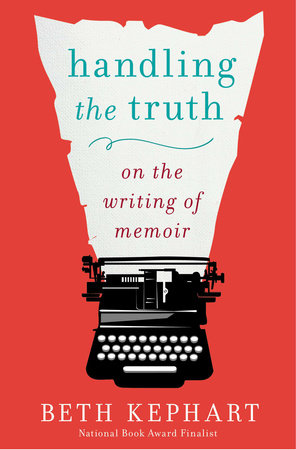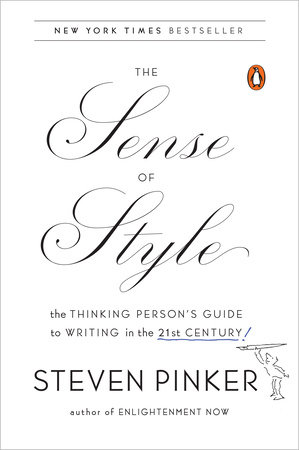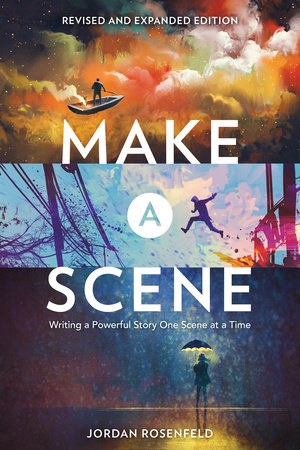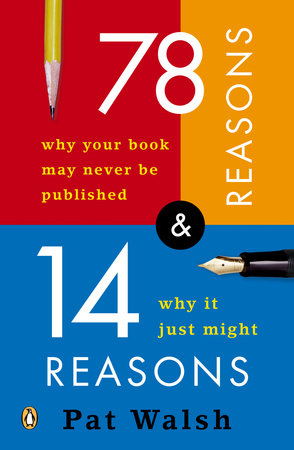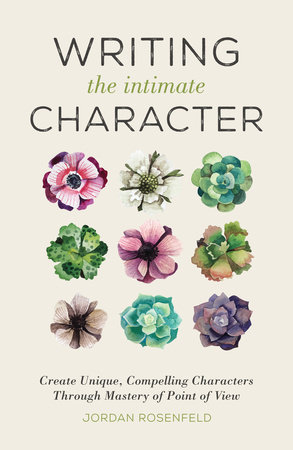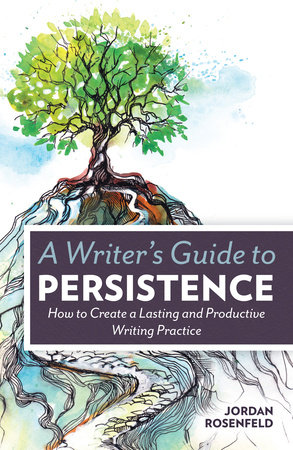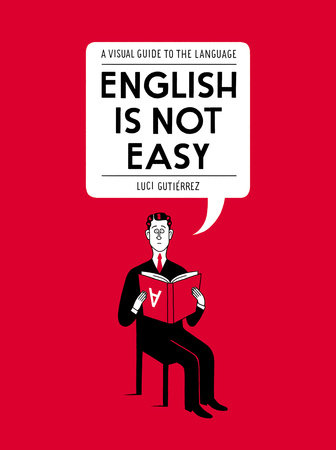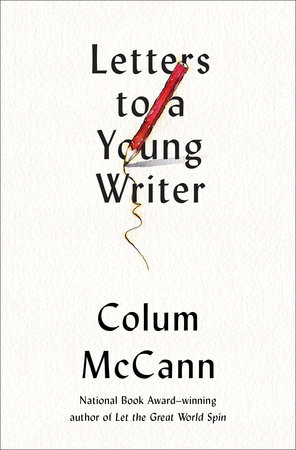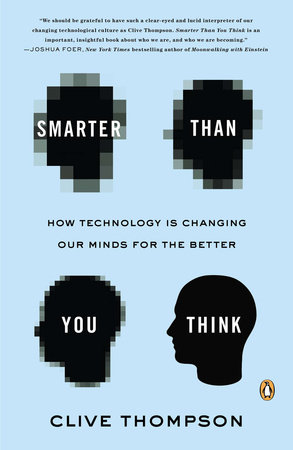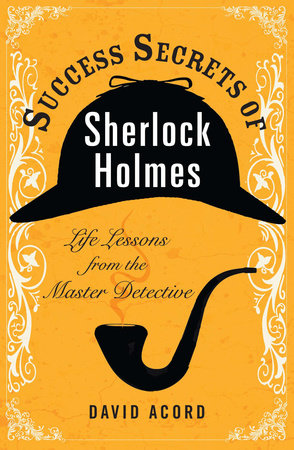“Beth Kephart’s
A Slant of Sun offers a most original and moving examination of what it means to be a parent. The book also offers a thought-provoking way of looking at children and their differences….Kephart is a very gifted and insightful writer.” —
USA Today“In page after page of intimate, searching prose. . .this brave book serves as a parenting guide stripped to its essentials, a testament to the open heart of one mother and solid proof that. . .parents do matter.” —
Salon.com“[Kephart] writes eloquently in
A Slant of Sun…of her panic before his diagnosis and his first rounds of speech therapy….
A Slant of Sun is a memoir–a personal and not a prescriptive book–but one of its strengths is that it makes us think…not just for Jeremy but for other idiosyncratic children too.” —
The New York Times Book Review"There are lessons here for everyone about, quite simply, what it means to be fully alive." —
Salon Magazine“A mother’s bittersweet account of raising a son to whom experts had given the ungainly label… Her efforts… for Jeremy are a story of determination, frustration, ingenuity, partial successes, tireless efforts, and most of all, a mother’s love. While Kephart does not claim to have cured her [son], parents who have received a similar diagnosis will find her revealing story immensely encouraging.” —
Kirkus Reviews“[Beth] Kephart conveys her frantic reaction to the original diagnosis, her furious desire to change conditions for Jeremy at once and her ultimate realization that a tangible, positive outcome was possible, given great patience. Kephart tells an affecting story of parental dedication." —
Publishers Weekly“Her affecting story will make a welcome addition to any collection.” —
Library Journal"Beth Kephart . . . is a gifted, even poetic writer." —
The New York TimesPraise for Into The Tangle of Friendship: “Kephart is nothing short of a virtuoso when it comes to dissecting the many friendships people experience.”
—
Orlando Sentinel“With grace and quiet wisdom, with lyrical prose and astonishing insight, Beth Kephart…embarks on a journey." —
Baltimore Sun“Kephart in a single voice, lyrically and poignantly explores the dimensions of friendship.”
—
Library Journal“Her lyrical yet conversational prose neatly evokes friendship’s delicate balancing act.” —
The New York Times Book Review“Invigorating…earnest and endearing. Kephart succeeds at drawing a stirring picture of our humanity through the prism of her… relationships.” —
Salon“With infectious passion and hard-won wisdom, Beth Kephart eloquently celebrates the rigors and rewards of the creative process and – equally necessary – the art of crafting a meaningful life. Part memoir and part memoirist’s manifesto, this small, urgent book inspires on many levels. Read it and learn how to tell your story. Better yet, read it and begin to understand why your story matters.” —
Katrina Kenison, author of MAGICAL JOURNEY: An Apprenticeship in Contentment “Generous, intelligent and genuinely insightful.”
—Kirkus Review, Starred Review
“Kephart…has composed a gorgeous meditation on memoir. . . . she has created a work of art simply by reflecting on her own art—the writing and teaching of memoir. . . . She writes with the same lyricism found in her own works and offers here passionate encouragement for would-be memoir writers to embrace truth and empathy, mystery and exploration. . . . Highly recommended for anyone interested in the anatomy of a successful memoir and for all writers of literary nonfiction.”
—
Library Journal, Starred Review
“Not a memoir proper, this book fits nicely with the others on this list because it’s about writing memoir. Kephart has penned five…. She’s also mastered the fiction and essay forms and currently teaches memoir writing at the University of Pennsylvania, so she’s got the skills to explain every facet of the writing process, including that crucial issue for memoirists: where does imaginative shaping stop and disregard for truth begin.”
—
Library Journal, Prepub Alert
“A marvelous primer for anyone who would dare to face the furies and write about his or her life. Beth Kephart has read the genre closely, put her own feet to the fire, and distilled the form with all the passion of a great teacher.”
—Marie Arana, author of the National Book Award finalist
American Chica.
“With infectious passion and hard-won wisdom, Beth Kephart eloquently celebrates the rigors and rewards of the creative process and – equally necessary – the art of crafting a meaningful life. Part memoir and part memoirist’s manifesto, this small, urgent book inspires on many levels. Read it and learn how to tell your story. Better yet, read it and begin to understand why your story matters.”
—Katrina Kenison, author of
Magical Journey: An Apprenticeship in Contentment “Beth Kephart has done something extraordinary with this huge and messy thing called memoir—roping it into submission with her typically beautifully writing. There is authority here, scholarship, challenge. In this well-organized book, every example is a precious stone to turn over and to learn from, particularly in terms of crafting a voice and finding one’s way in. Too many students think memoir just happens. Nothing ever just happens. Memoir is an academic field. This should become the seminal text.”
—Buzz Bissinger, author of
Father’s Day,
A Prayer for the City, and
Friday Night Lights“Not a memoir proper, this book fits nicely with the others on this list because it’s about writing memoir. Kephart has penned five…. She’s also mastered the fiction and essay forms and currently teaches memoir writing at the University of Pennsylvania, so she’s got the skills to explain every facet of the writing process, including that crucial issue for memoirists: where does imaginative shaping stop and disregard for truth begin.”
—
Library Journal, Nonfiction Previews for August 2013
